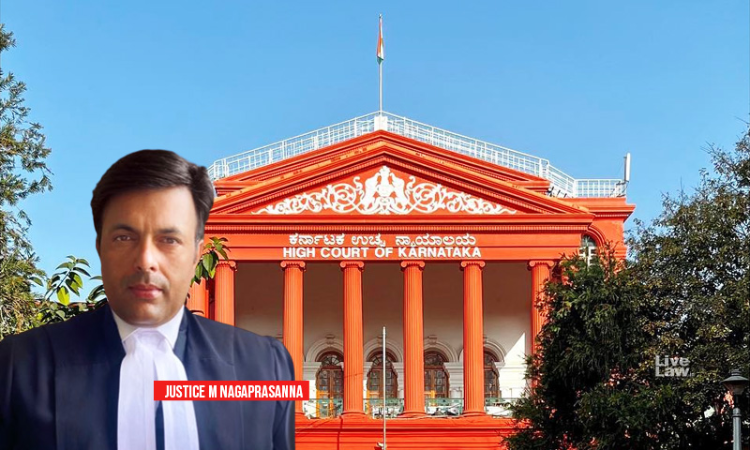The Karnataka High Court has quashed the prosecution initiated against two persons under provisions of the Scheduled Castes and the Scheduled Tribes (Prevention of Atrocities) Act, 1989, registered by the complainant immediately after the police filed a chargesheet against him on the complaint made by the petitioners, for house trespass and continuous harassment. A single judge bench of Justice...

